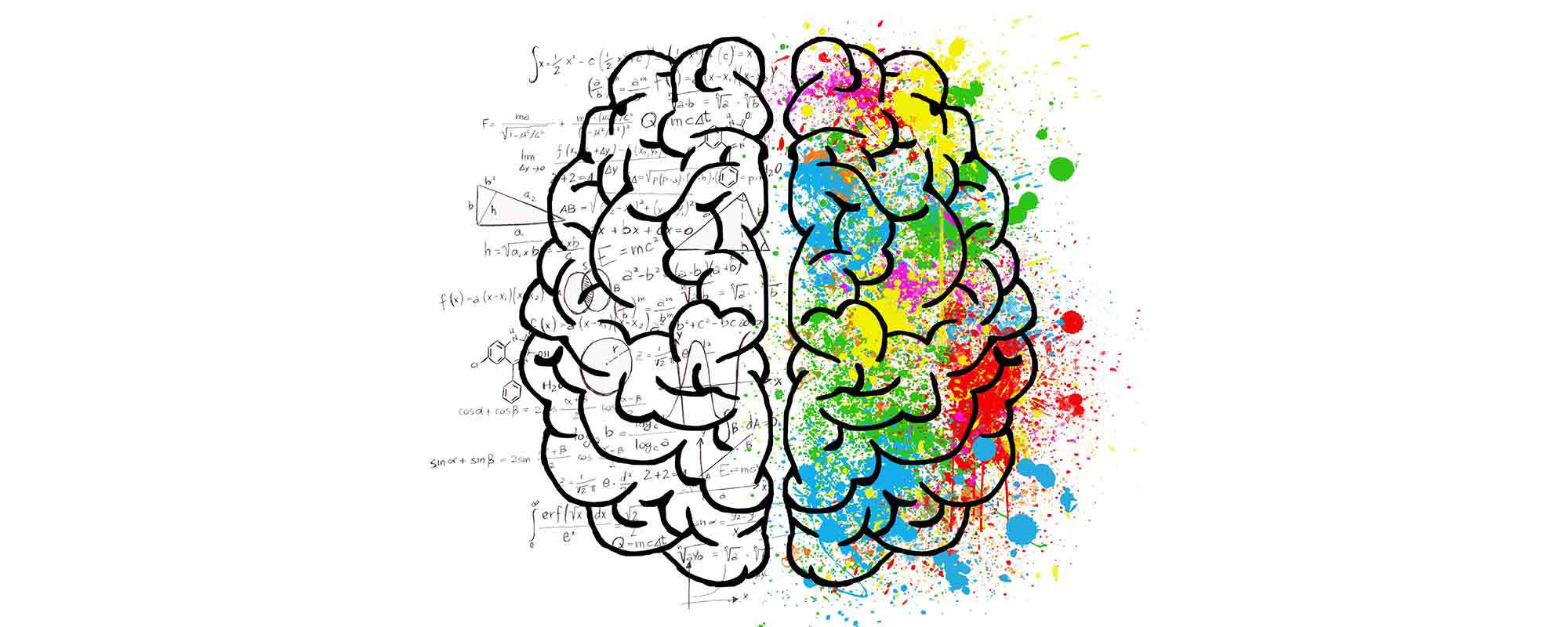December is a month of celebrations; Christmas, Hanukkah, and others. While usually seen as a time of union, the holidays can also reinforce a sense of solitude and catalyze all sorts of strong emotions. A collaboration between BetaPsi, HoASA and the University of Malta Library will host an exhibition that explores the connection between mental health and religious celebrations in December through art.
Sitting at the Christmas table, I notice how my relatives have changed since the last time we met; the signs of ageing, new sorrows and joys etched on their faces. Two years have passed since I last saw most of them. Last winter I was stuck in a distant place far from familiar faces, and ‘celebrating’ had a very different taste. I see the kids looking at the gifts and opening them in their imagination while my aunt faces them with a sad smile, it was hard to follow traditions this year, inflation has made it impossible to fill the table with the usual sweets let alone the presents; she’s afraid to disappoint them. On the other side of the room, my cousin radiates pure joy, almost forgetting the impending exam phase he’s been so stressed about. Next to him, my uncle is feeling nostalgic, he lost his wife years ago and this time of the year affects him like no other. This diversity of feelings and worries within the same table is just a reminder of how these particularly emotional times affect us so differently.
The association of psychology students, BetaPsi, in connection with the History of Art Student Organisation, and the University of Malta Library are hosting an exhibition focusing on the connection between mental health and the religious celebrations of December. The exhibition aims to provide a medium for anyone who wants to express themselves through art and will be hosted in the Library in the first week of December. The artworks being exhibited are the result of an open call with the deadline for submission being the 30th of November, the exhibition will be curated by HoASA. Shahed Bensaid from HoASA highlights that there are no restrictions to the content of the work being submitted so that artists are given the necessary space to unleash their creativity.
This is not the first time BetaPsi and HoASA have collaborated to bring artists together and foster inclusion in our surroundings. Last year they joined forces to produce an exhibition focusing on mental health within the LGBTQI+ community. This year, the connection with the Library enables a greater reach within the academic population and enforces the view that ‘the Library is not just a resource centre,’ but also an active and lively part of the university where events like this can ‘boost collaboration with different student associations in the future,’ as put by Ryan Scicluna from the Library’s Outreach Department.
Maria Kristina Caruana, from BetaPsi, explains that ‘you don’t need to be religious,’ to feel the effects of these celebrations on your mental health. There is a ‘sense of peace, joy, and togetherness,’ associated with this time of the year which is drilled into us by all types of media from advertisements to films. However, if you are a ‘foreign student who can’t afford to go home, or if you have lost someone, these celebrations can highlight a sense of loneliness and solitude,’ adds Maria.
Advertisements associating the perfect Christmas with products and brands start bombarding us in early November on TV, YouTube, or at any street corner. The commodification of the holiday season can put immense pressure on us to embrace an idealised and commercial view of the celebrations diluting their original meaning. They might even just remind us of how ‘imperfect’ our own situation might be. This can lead to heightened stress, anxiety, and frustration, especially in times of economic crisis such as the one we are living in.
While the celebrations in December can be a great way to connect with our loved ones, this is not always possible. Some of us might be able to sit at the table and enjoy the comfort of our family, while others might not. Moreover, as we explore the intricacies of our individual experiences during this time of the year, it is crucial to widen our lens and recognise the global tapestry of circumstances that shape the world. Right across the sea, some, living under occupation and bombs, see themselves completely expropriated from their right to celebrate anything.
Our journey through the diverse emotions of the December celebrations, from the intimate family table to the global context of varied constraints, underscores the need for understanding and inclusivity. The upcoming exhibition, hosted in the Library between the 4th and 7th of December, stands as a testament to the power of artistic expression and provides a medium for diverse voices to create a greater sense of connection and empathy among us all.





Comments are closed for this article!